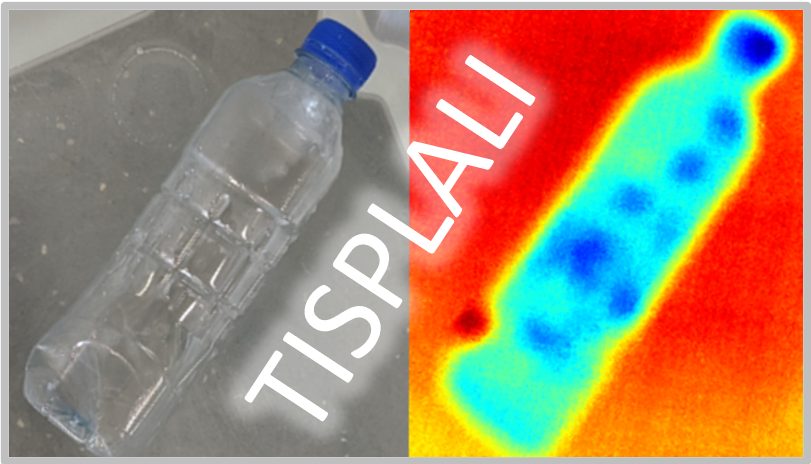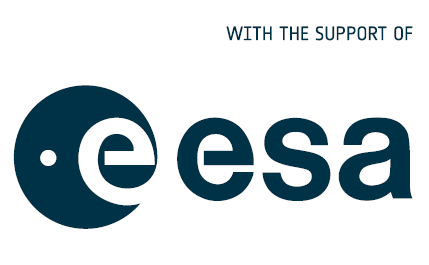
TISPLALI, Thermal Infrared Sensing for marine Plastic Litter, is an 18-month project funded (€120k) by the European Space Agency (ESA) following ERI’s successful application to ESA’s Discovery Campaign. Through the Discovery Campaign, ESA sought innovative ideas for remote sensing methodologies to monitor plastic litter in Earth’s oceans and freshwaters. Remote sensing (the science of obtaining information about objects or areas from a distance, typically from aircraft or satellites) has the potential to provide long-term, global monitoring of marine plastic pollution. This is important because more than 99% of plastic litter that is estimated to enter the global oceans is “lost”.
Remote sensing of marine plastic litter is still in early stages and most progress has been made in spectral remote sensing where optical physics applies. It has become clear that this method, based on the surface reflectance of sunlight, would benefit from complementary measurements using different technologies. The physics behind surface leaving thermal infrared radiance (TIR) is a little different and it is therefore an interesting and novel idea to explore TIR remote sensing. For example, TIR sensing doesn’t depend on sunlight and can look through light snow and rain. Some plastic materials that are transparent in the optical spectrum may appear opaque in the thermal spectrum. First tests of TIR sensing of plastic items floating on water, undertaken by the ERI, look promising.
The ERI intent to verify their thermal radiance model for floating plastic litter using a longwave infrared camera on a drone. This involves drone surveys during daylight and night-time hours, and in summer as well as winter to cover a range of temperature conditions. During the daylight surveys, visible and near infrared cameras are also flown at the same time. The survey area is local beaches, where plastic litter targets are deployed during the surveys. Experiments in the laboratory back up these measurements. Although the other 26 projects selected by the Discovery Campaign cover a wide range of different problems, solutions, approaches and geographical areas, there are places where the different teams cooperate and build upon each other’s work. The ultimate goal is to develop remote sensing methodologies for detection of marine plastic pollution from space.
For more information contact: lonneke.goddijn-murphy@uhi.ac.uk
The original Discovery Campaign details can be found here and an update on all the projects here.
ESA Contract No. 4000132579/20/NL/GLC

